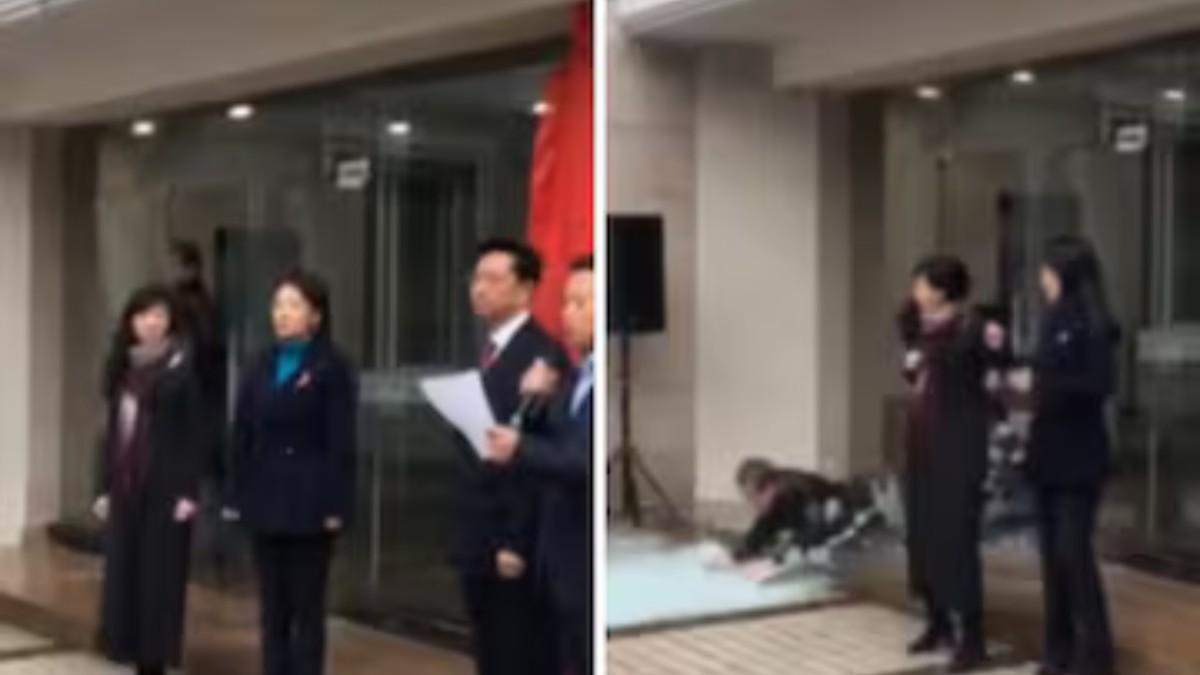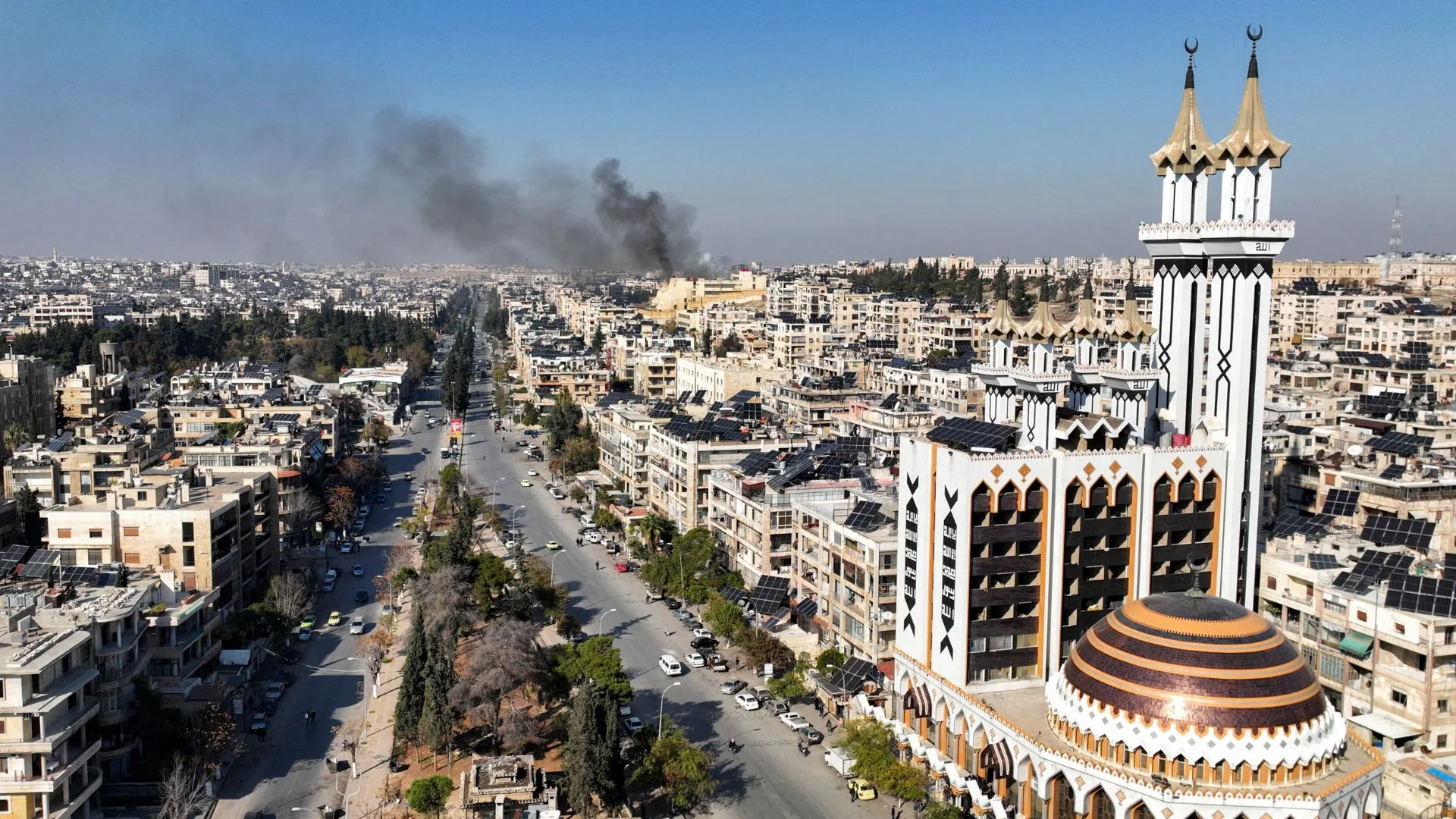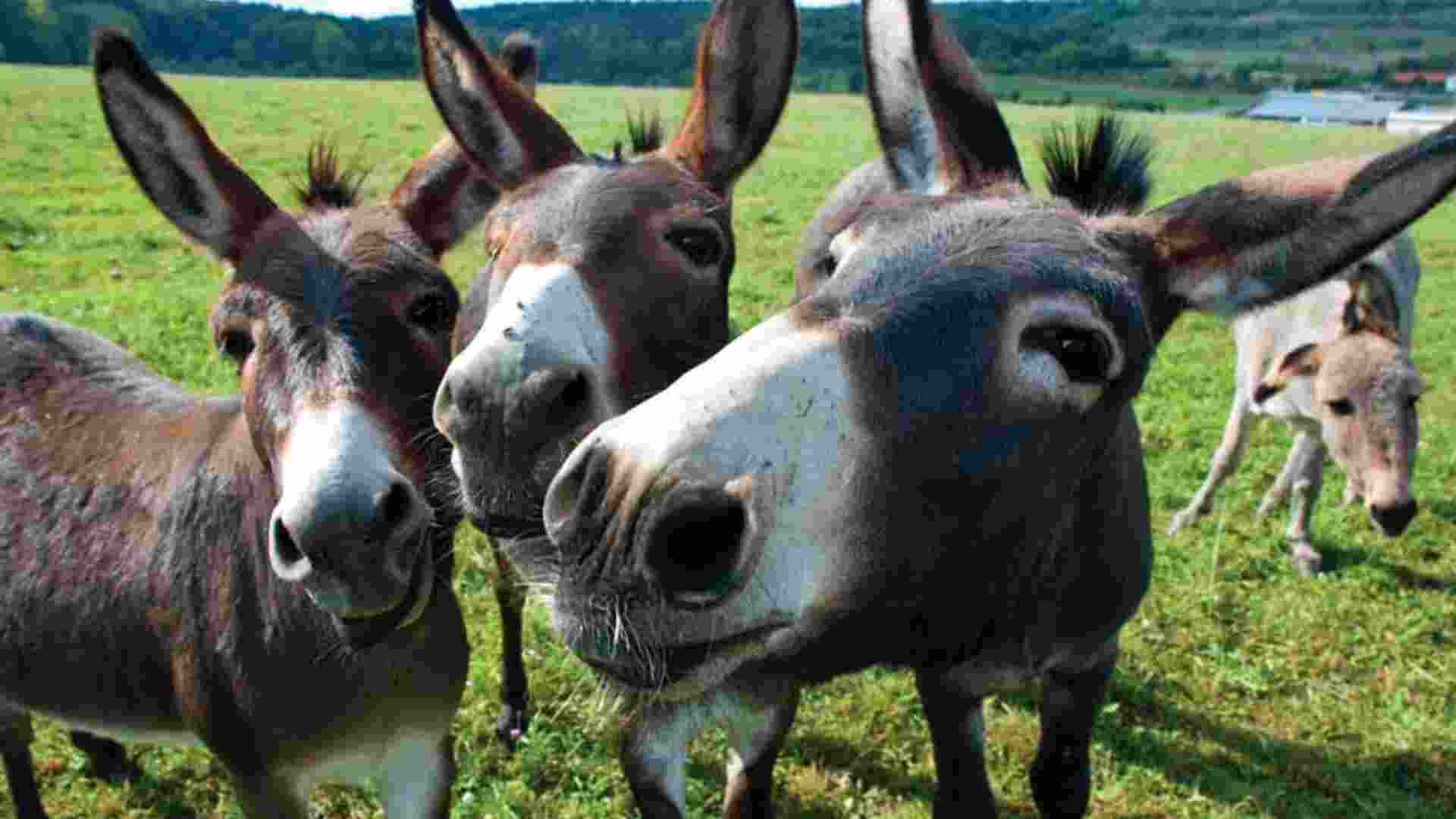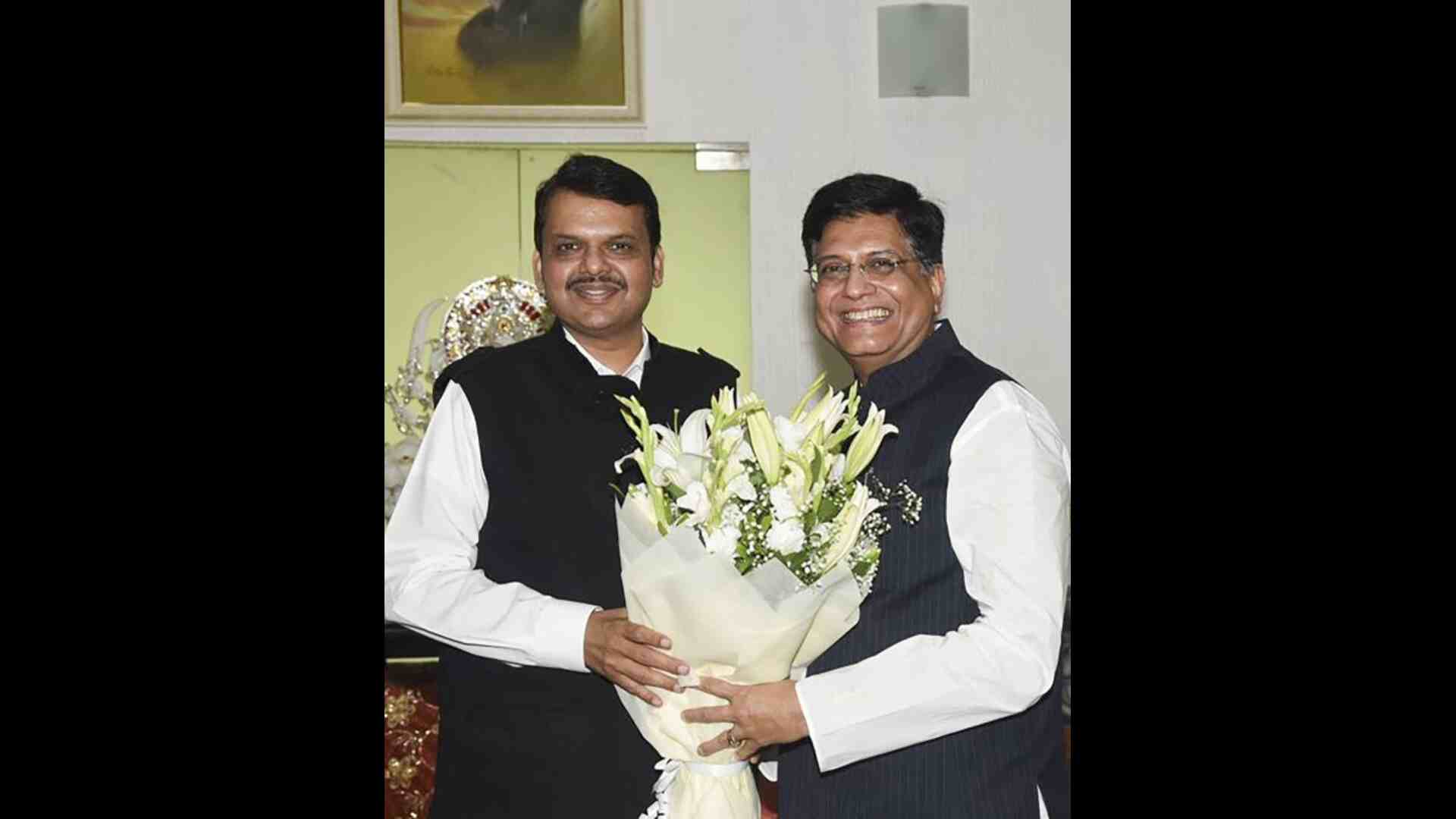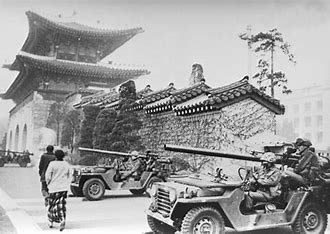
For the first time in nearly half a century, South Korea has declared martial law, drastically altering the nation’s legal and social landscape. President Yoon Suk Yeol announced the decision late last night, with enforcement beginning immediately.
Let’s break down the implications of this law for South Korea’s citizens:
All political activities, including parliamentary sessions, political party operations, rallies, and protests, are now prohibited. Citizens are barred from forming or participating in political associations.
The government has taken control of all media, including print, television, radio, online platforms, and social media. Publications and broadcasts are now under the supervision of the Martial Law Command.
Any form of protest, rally, or strike is forbidden. Work stoppages and public speeches that could incite violence or disrupt order are banned. Violations will face severe consequences.
Misinformation, disinformation, propaganda, and any attempts to undermine South Korea’s democratic system are punishable offenses. Fake news and public manipulation tactics are also strictly prohibited.
All medical professionals, including retired staff, must return to work within 48 hours. Non-compliance will result in penalties under martial law.
Authorities are granted extensive powers, including the ability to arrest, detain, and search individuals without a warrant. Any anti-state actions or violations will result in penalties as outlined under Article 14 of the Martial Law Act.
While the government assures measures to minimize inconvenience, everyday freedoms will be severely curtailed. Citizens are urged to comply with all new regulations to avoid penalties.
This martial law declaration marks a significant shift in South Korea’s governance and freedoms. Citizens are encouraged to stay informed and adhere to the guidelines to ensure their safety.

